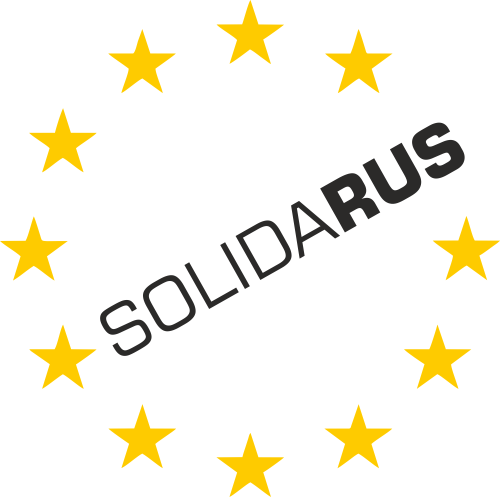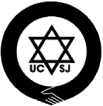The Kremlin’s Political Prisoners: The Case of Azat Miftakhov
Azat Miftakhov, a graduate student at the engineering mathematics faculty at Moscow State University and a supporter of anarchist views, is under investigation on two counts. He has been charged under Article 213, Section 2, of the Russian Criminal Code (‘Hooliganism by a group of people by prior agreement,’ for which the penalty is up to seven years of prison) and is a suspect of an offence under Article 223.1, Section 1, of the Russian Criminal Code (‘Illegal preparation of explosive substances and explosive devices,’ for which the penalty is up to six years of prison).
In the first instance, Miftakhov has been charged with allegedly taking part in an attack on an office belonging to the United Russia party on January 31, 2018, and in the second instance is suspected of making an improvised explosive device that was discovered on January 11, 2018 in the town of Balashikha outside Moscow. With respect to the first investigation under Article 213, Section 2, of the Russian Criminal Code, a court remanded Azat Miftakhov in custody on February 12, 2019. In fact, he has been deprived of liberty since February 1, 2019.
Memorial Human Rights Centre considers that the prosecution of Azat Miftakhov is an unequivocal example of the use of pseudo-legal procedures to shut down civil society’s activities that are unwelcomed by the authorities. We do not have full information about the civic and political activity of Miftakhov or whether he actually took part in People’s Self-Defence, a libertarian civil and political movement, or in the ‘anti-raider’ movement against the illegal seizure of apartments. Nonetheless, the circumstances of the case allow us to state with certainty that the only reason he is being prosecuted is that law enforcement agents are convinced of his links with these types of activity.
Miftakhov and other defendants in the explosives case in Balashikha were subjected to torture. At the very time Miftakhov was tortured, his lawyer Svetlana Sidorkina was seeking admittance to the Balashikha police station where those arrested were being held illegally. Miftakhov asserts he was tortured with an electric screwdriver (the Public Oversight Commission and his defense lawyers recorded corresponding marks on his body). He was threatened that he would be subjected to sexual violence using this instrument. The fact of torture was also confirmed by Ilya Gubsky and Daniil Galkin, also detained on February 1, 2019, who have spoken about it to Mediazona.
However, the use of torture did not help the law enforcement agents to easily fabricate the criminal case. Miftakhov was detained twice in connection with these unrelated criminal cases. The arguments put forward by the investigators were lacking facts and proofs which resulted in Miftakhov hat being remanded in custody only after the third attempt, something that is virtually unheard of.
At the same time, the political motivation for the prosecution of Miftakhov and other anarchists is evident. While the continuing repressive measures against anarchists and anti-fascists sharply increased in 2017 – 2018, the prosecution of Miftakhov simultaneously on two charges is a clear attempt to further weaken the anarchist movement as a whole and People’s Self-Defence in particular. Government agencies, and primarily the FSB, cultivate an image of anarchists as a public danger, people who are involved in terrorism and attempts to destabilize society and politics. The detained anarchists were routinely tortured, with little effort to conceal this fact.
At the same time we see the crushing of all non-systemic, informal self-organizations, especially, although not only, of young people. There have been numerous prosecutions on trumped-up charges of groups whom the law enforcement agencies dislike and who have views different from official agenda.
People’s Self-Defence activists assume that the arrest of Azat Miftakhov was part of an attempt by law enforcement authorities to fabricate a major case against people who in one way or another are linked to the organization, a case that would be presented to the public as prosecution for the creation of an extremist group, similar to the cases of the Network and the New Greatness. Prior to his detention in July 2018, Miftakhov had already been a subject of threats on anonymous Telegram-channels linked to law enforcement agencies. In some accounts, the prosecution of Azat Miftakhov is related to the desire by law enforcement agents to end the anarchists’ attempts to combat the theft of property by ‘raiders.’ Media reported that ‘on February 2, 2019 the public page of People’s Self-Defence published a new post in which the detention of the anarchists was directly linked to its struggle against apartment raiders.’
Memorial Human Rights Centre considers Azat Miftakhov a political prisoner. We demand his immediate release and an end to the fabricated criminal cases against him.
We also demand that those law enforcement officers involved in this fabrication be brought to justice, including those responsible for torturing the detainees while on remand.













